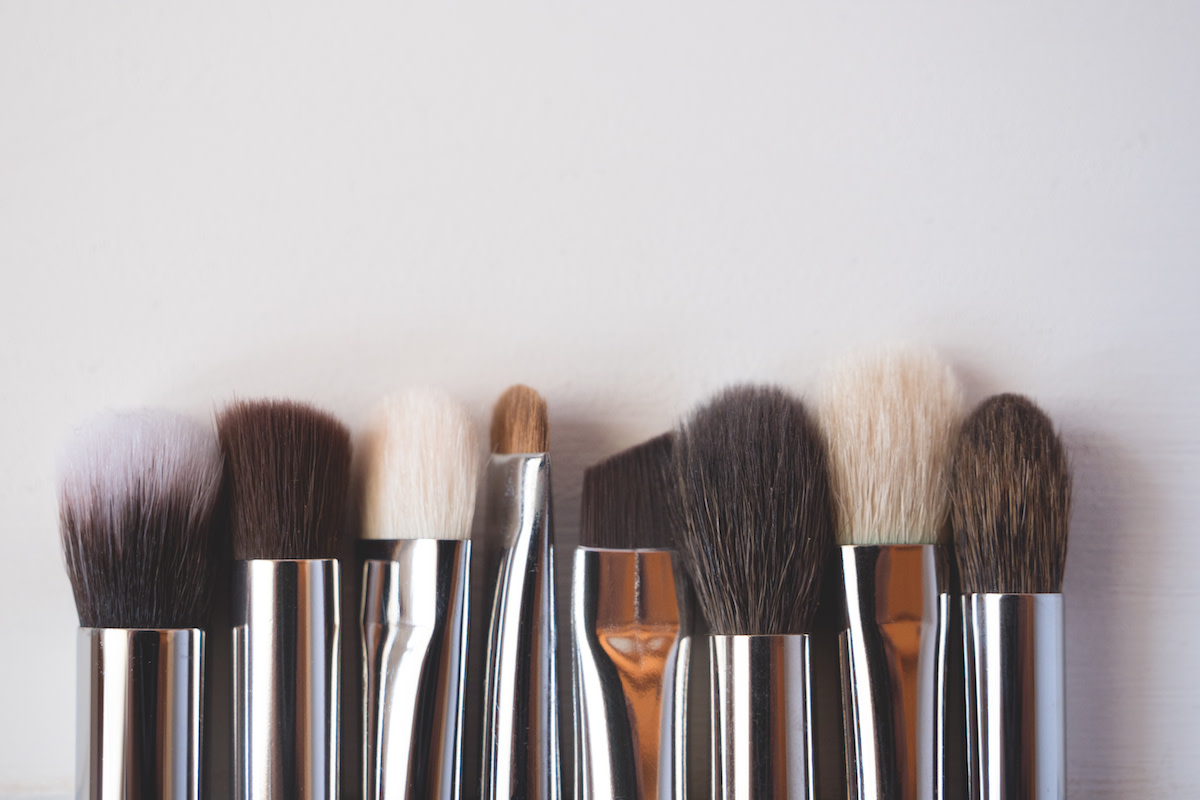How to Clean Your Makeup Brushes in 4 Easy Steps
Written by MasterClass
Last updated: Aug 16, 2021 • 2 min read
If you’re going to invest in nice makeup brushes, taking care of them properly will allow them to last for years. This means routinely cleaning them.
Learn From the Best
How Often Should You Clean Your Brushes?
How often you’ll need to clean your brushes depends on how much you use them. That can be anywhere from once a week to once a month. If you’re experiencing breakouts or other skin issues, you may want to clean your brushes more frequently. For brushes you rarely use, once a month should be fine. You’ll know it’s time for a good brush cleaning when you notice buildup of makeup or concealer between the brush head and the base of the brush.
How to Clean Your Brushes 4 Easy Steps
Although you can buy specialty makeup brush cleanser, makeup artist Bobbi Brown says it is an easy DIY project—all you need to clean your brushes is a gentle liquid soap (baby shampoo or gentle dish soap works well for this). Here’s how to clean makeup brushes:
- 1. Run some lukewarm water and add a bit of soap to the palm of your hand.
- 2. Swirl your brushes against your palm until there is no more lather and the water rinses clear.
- 3. Squeeze the excess water out of the brush heads and reshape them with your hands.
- 4. Let them air-dry lying flat on a clean towel or paper towel—not standing up.
Don’t forget to wash your makeup sponge. The easiest way to do that is to wet the sponge, apply gentle shampoo, and rub it against a textured surface, such as a silicone mat.
When to Replace Your Brushes
How often you’ll need to replace your brushes depends on the brush itself and how frequently it’s used. Makeup sponges, for example, should be replaced every three-to-four months, whereas some bristled brushes can last years.
There are a few signs that a brush needs to be replaced:
- Discoloration: If a brush remains severely discolored after washing, it may need to be tossed.
- Shedding: Throw away any brushes that are losing their bristles. They won’t perform as well, and they’ll leave tiny hairs all over your face.
- Smell: If your brush has a funky smell that won’t go away with washing, it may be harboring bacteria.
Want to Learn More About Makeup and Beauty?
Whether you already know a blush brush from a bronzer brush or are simply looking for tips on bringing glamour into your daily routine, navigating the beauty industry takes knowledge, skill, and practical experience. No one knows their way around a makeup bag better than Bobbi Brown, the makeup artist who built a career and a multi-million dollar brand with one simple philosophy: Be who you are. In Bobbi Brown’s MasterClass on Makeup and Beauty, learn how to do the perfect smoky eye, find the best makeup routine for the workplace, and hear Bobbi’s advice for aspiring makeup artists.
Get the MasterClass Annual Membership for exclusive access to video lessons taught by masters, including Bobbi Brown, RuPaul, Anna Wintour, Marc Jacobs, Diane von Furstenberg, and more.
